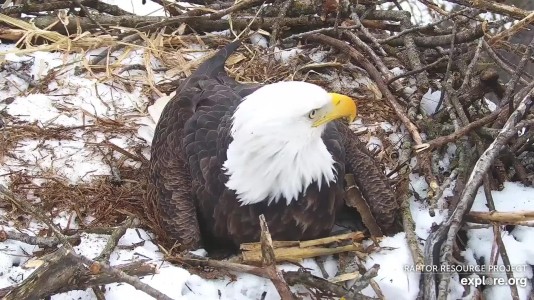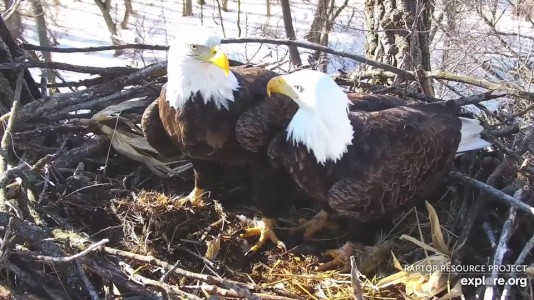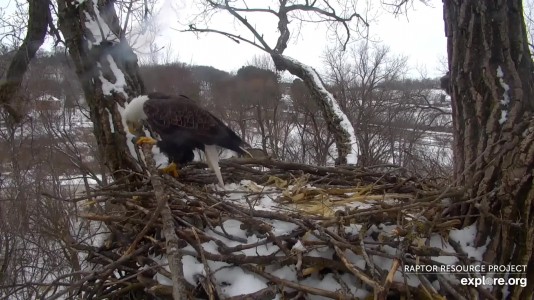Polar Bear Researchers Urge Governments To Act Now And Save The Species
/ Post by Polar Bears International
A University of Alberta polar bear researcher along with eleven international co-authors, including Polar Bear International’s chief scientist and several of PBI’s advisors, are urging governments to start planning for rapid Arctic ecosystem change to deal with a climate change catastrophe for the animals. U of A professor Andrew Derocher, above, co-authored a policy perspective in the journal Conservation Letters urging governments with polar bear populations to accept that just one unexpected jump in Arctic warming trends could send some polar bear populations into a precipitous decline.
“It’s a fact that early sea ice break-up and late ice freeze-up and the overall reduction in ice pack are taking their toll,” said Derocher. “We want governments to be ready with conservation and management plans for polar bears when a worst case climate change scenario happens.”
The effects of climate change on polar bears are clear from both observational and modeling studies in many parts of the distribution. Earlier studies by Derocher and his colleagues show that one very bad ice year could leave hundreds of Hudson Bay polar bears stranded on land for an extended period. Derocher noted “Such an event could erase half of a population in a single year.”
“The management options for northern communities like Churchill would range from doing nothing, to feeding the bears, moving them somewhere else or euthanizing them,” said Derocher.
The concerned researchers say they’re not telling governments what to do. The authors, however, want policy makers and wildlife managers to start planning polar bear for both the predicted escalation of Arctic warming and for an off the charts worst case scenario.
“You’re going to make better decisions if you have time to think about it in advance: it’s a no brainer,” said Derocher. Further, “consultation with northern residents takes time and the worst time to ask for input is during a crisis.”
The researchers say the options for polar bear management include feeding and releasing the bears when freeze ups allow the animals to get to their hunting grounds. Derocher calls this a wild bear park model, but the paper reports the cost could run into the millions and could have ramifications for the long term behavior of the animals.
The authors of the paper say government should be aware of the fall-out from climate change and human safety in the north is going to be an increasing challenge.
“Around the world polar bears are an iconic symbol so any tragedy would produce massive attention,” said Derocher. “If the warming trend around Hudson’s Bay took an upward spike, the population of 900 to 1000 bears in western Hudson Bay would be on the line, so there has to be a plan.”
The paper is titled; Rapid ecosystem change and polar bear conservation. It was published online as an accepted article January 25, 2013 in Conservation Letters.


